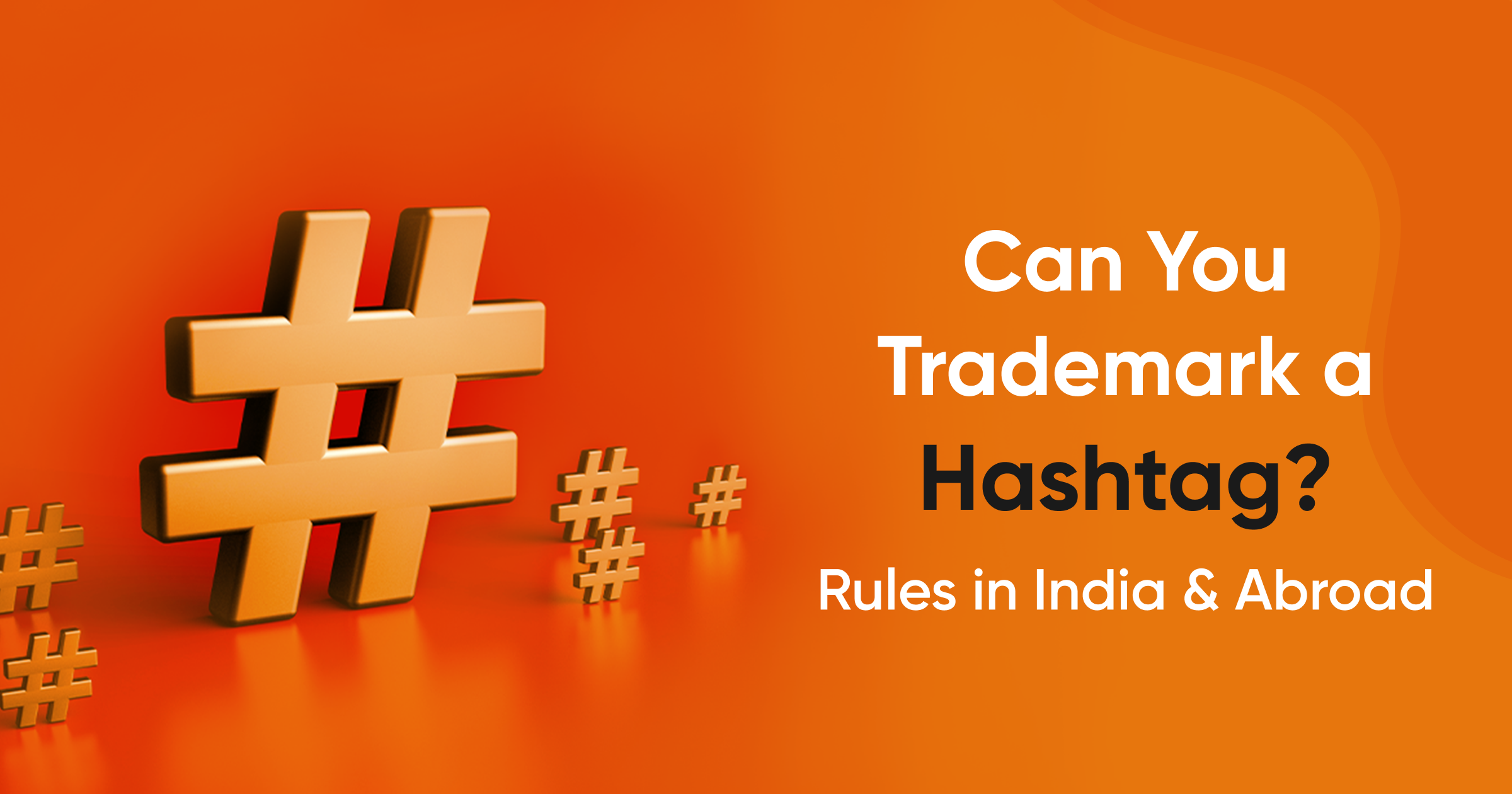Hashtags aren’t just for fun anymore. They’re powerful tools that can build communities, boost sales, and even make a brand go viral. But here’s the big question: can you actually trademark a hashtag? The short answer: yes. But only if it meets the rules of trademark law.
What turns hashtags into trademarks?
A trademark isn’t just a word. It’s a sign that tells people, This is mine. For hashtags, two rules apply. First, it must be easy to show on paper. That’s simple - hashtags are just letters, numbers, or words, so they can be written and filed. Second, it must be distinctive. That’s the hard part. A hashtag has to stand out and point back to your brand. Common tags like #coffee won’t make the cut. But a unique one like #MadeWithLicious, already registered in India, can.
Distinctiveness is the secret sauce
Trademark law cares about one thing - confusion. If people can’t tell your brand from another, you lose protection. Hashtags that are invented or random, like #ShotOniPhone, are strong because they stand apart. Common or descriptive ones can still work, but only if heavy use makes people link them only to you. Without that distinctiveness, a hashtag is nothing more than a search term.
Indian courts take
Yes, you can trademark a hashtag in India under the Trade Marks Act, 1999. The rule is the same as in many countries: the hashtag must work as a source identifier. It should tell people that the goods or services come from you, and not someone else. Our courts have already tested this idea:
- Frankfinn Aviation vs. Tata Sia Airlines - the dispute was over “Fly High” and “#FlyHigher.” The court said that hashtags used only for ads or promotions may not count as trademarks. They must clearly show brand origin to get protection.
- Moonshine Technology vs. Tictok Skill Games - The hashtag #WinZOBaazi was found to infringe the well-known “Baazi” mark. The court rejected the argument that “Baazi” was just a descriptive word. It ruled in favor of the original brand.
So, if you’re planning to protect one in India, make sure it’s either unique or already well recognized in connection with your goods or services.
What about other countries?
Hashtags are not just big in India. They are being trademarked across the world. The rules are similar, but each country has its own twist:
United States - In the United States, the USPTO is clear. A hashtag can only be registered if it acts as a source identifier. In simple terms, it must point back to the brand. Just adding a “#” before a phrase won’t work. If the public sees it as a search tool and not as a brand sign, it won’t pass.
United Kingdom - In the United Kingdom, the bar is also high. A hashtag must show that people connect it directly to one brand. A good example is #FreeCheeseFriday. It was registered after Wyke Farms proved that the tag had become distinctive through regular use in campaigns. Evidence of recognition made the difference.
Singapore - In Singapore, companies have already locked in protection. #SayItWithPepsi and #PizzaMeNow are registered trademarks. These tags were tied to active campaigns and reinforced brand identity, making them strong enough for legal cover.
The global picture is clear. Hashtags that act as brand signs are being accepted into trademark registers. If your tag works only as a trend, it won’t qualify. But if it builds a direct link between your brand and your audience, it can be protected almost anywhere.
Why should businesses trademark hashtags?
Hashtags are no longer fleeting online fads. They can be part of your brand identity. Protecting them gives you control, so rivals can’t hijack your campaign. It gives you exclusivity, making your brand easier to recall. It also allows expansion, letting you use the tag beyond social media on products, packaging, or even merchandise. Without protection, anyone can jump on your viral hashtag and steal the attention you created.
Roadblocks you can’t ignore
It’s not always smooth sailing.
- Generic use - If the public adopts your hashtag as a trend, it risks becoming too common. Think of hashtags like #ThrowbackThursday - impossible to own.
- Proof of use - You’ll need evidence like ads, packaging, or campaigns showing commercial use.
- Enforcement issues - Even with registration, stopping casual social media users from using it is tricky. The real target is competitors using it commercially.
Key steps before applying
If you’re serious about trademarking a hashtag, here’s the playbook:
- Do a trademark search first. Check if similar hashtags are already protected.
- Build distinctiveness. Use the hashtag in campaigns, ads, and product labels.
- Collect proof. Screenshots, ad spends, customer surveys - all help.
- File in the right class under the Trade Marks Act (or international equivalents).
Hashtags that last beyond trends
If you’re thinking about trademarking a hashtag, don’t go in blind. The rules are tricky, and one small mistake can cost you protection. That’s where experienced IP lawyers help. At Trademarkia, our team has guided thousands of businesses through the process. We know the law. We know the pitfalls. And we know how to protect what makes your brand unique.

